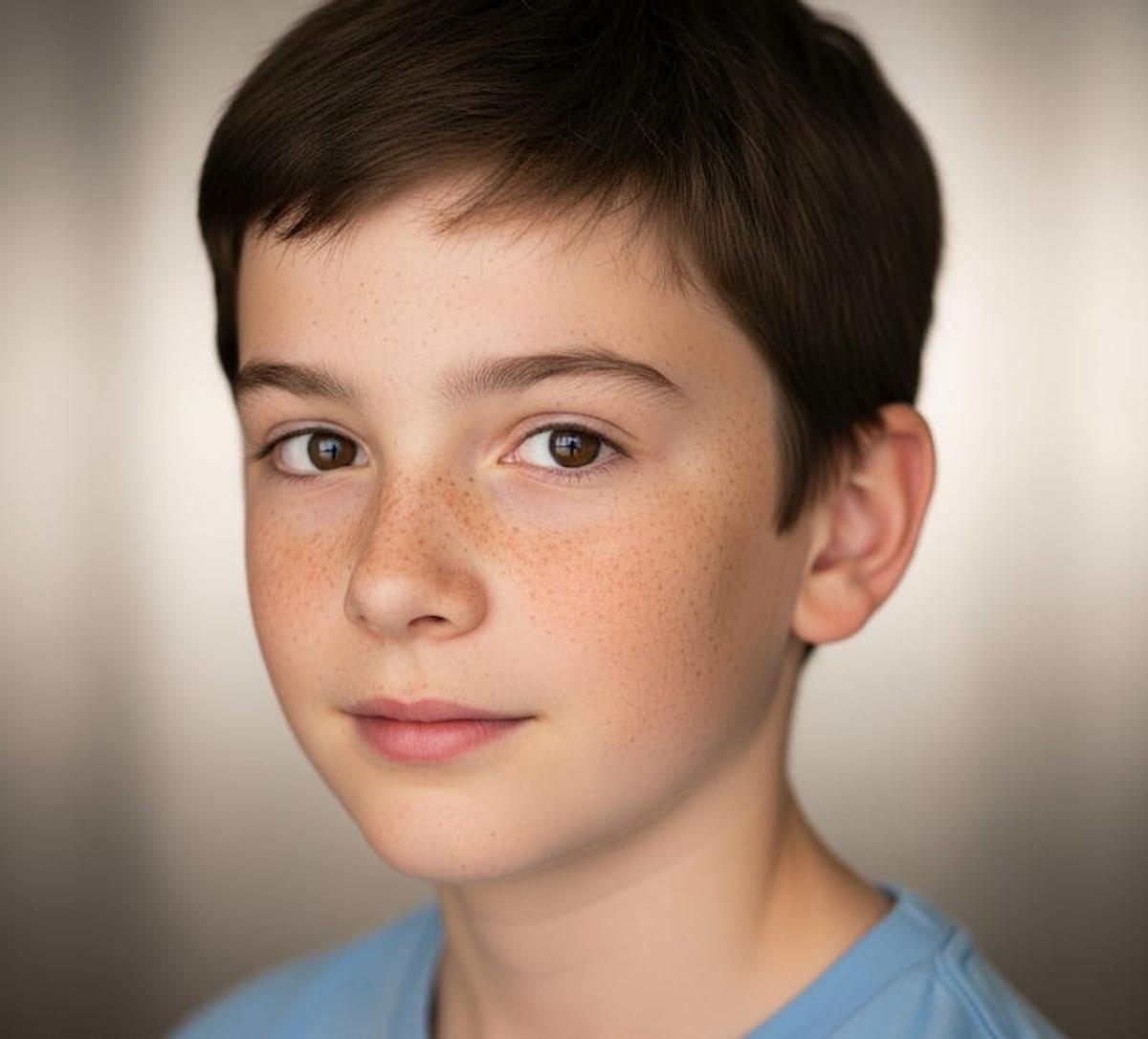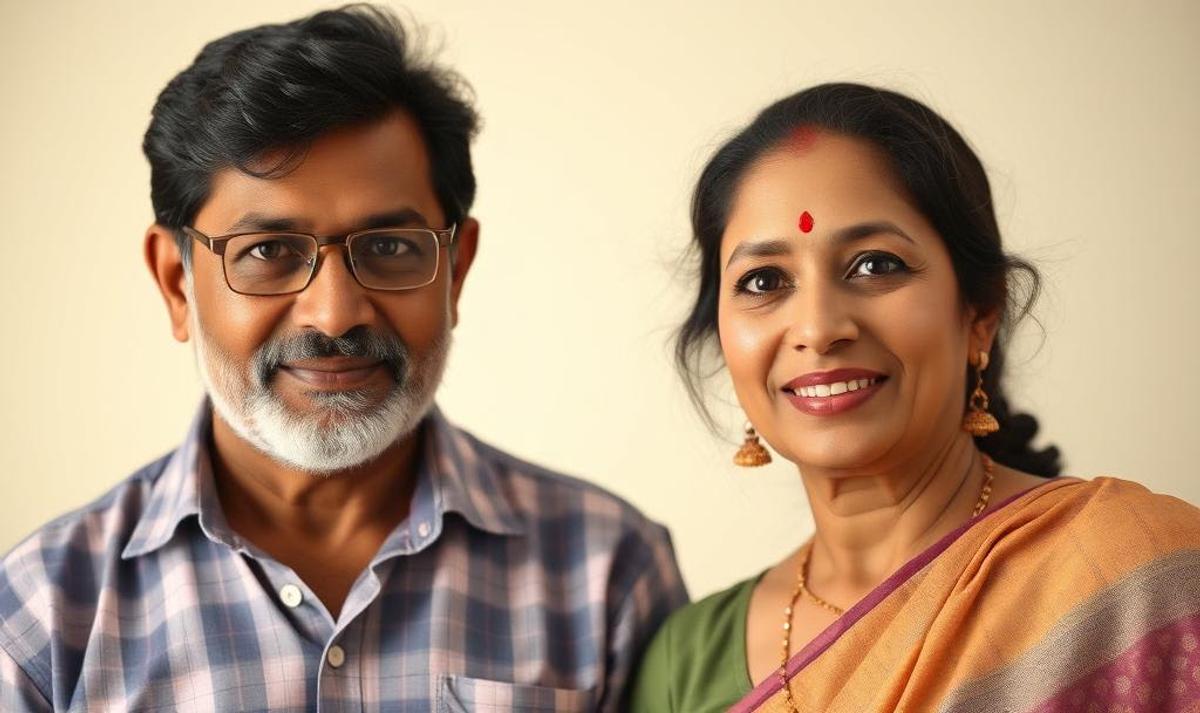Principal's Report
Kylie O'Donnell

Principal's Report
Kylie O'Donnell


Dear Parents and Carers
September 27 marks the Feast Day of St Vincent de Paul, a familiar and inspiring saint known for his deep compassion and unwavering commitment to serving the poor. His legacy continues to challenge us to see Christ in those who suffer and to respond with humility, generosity, and love. During last Sunday’s homily, my parish priest shared a phrase that has stayed with me: “The most important person in the world is the one who is in front of you right now.” This sentiment reflects the life and mission of St Vincent de Paul, who dedicated himself to serving the poor and marginalised.
We may not encounter financial poverty every day, but we do meet people who are struggling in other ways, emotionally, spiritually, or relationally. By listening attentively, offering support, and being present to those around us, we reflect God’s love in practical ways. Whether through volunteering, or simply noticing when someone needs a helping hand, we can each play a part in building a more compassionate and inclusive community.
A huge thank you to Miss Kelly, our dedicated teachers, and the wonderful parent helpers who made our recent swimming carnival such a successful and enjoyable event. Congratulations to the Green House for accumulating the most points on the day, an impressive achievement! However, it was sportsmanship and participation that really won the day, with students across all houses showing enthusiasm, teamwork, and school spirit. As a reminder to all families, it’s essential that children are marked off with their class teacher before leaving the pool, especially when pick-up arrangements change. This simple step ensures every child’s safe return to school and helps us maintain the highest standards of care.
A huge thank you to everyone for the collective lift in the standard of uniforms in the second half of this term. The children looked great on both photo days and there was a notable improvement in the appearance of incorrect uniform once the teachers cracked down.
Please be advised the students will return in their full Summer uniform. Sports Days will remain Thursday and Friday.
. . . . . . . . . . . . . . . . . . . . . . . . . . . . . . . . . . .
Lastly, as we head into the holiday break, I wanted to share an article that may speak more directly to the parents of our Year 6 students. This is a pivotal time in their development, a stage where childhood begins to give way to adolescence, and the changes can feel both subtle and seismic.
Parenting a pre-teen can sometimes feel like navigating unfamiliar terrain. Their growing independence, shifting social dynamics, and emotional ups and downs can leave even the most seasoned parents wondering, “What’s going on in there?”
This week’s Parenting Toolbox article by Michael Grose, titled “When You Are Twelve”, offers a thoughtful glimpse into the mindset of twelve-year-olds. It’s a timely read that may help you better understand your child’s world and how to support them with empathy and confidence.
I hope you find it helpful as you enjoy some well-earned rest and connection over the break.
Parenting pre teens can feel like you're in a foreign country. It begins to make sense when you see the world through their eyes. Let's take a look.


This week’s Parenting Toolbox is a little different. It takes a bird’s-eye view of life through the eyes of a twelve-year-old.
That’s an age that is so often baffling for parents and kids.
I know you’ll find it fascinating……and surprising.
Even if your child is some years away, you should read it.
This article also takes you into the shoes of a twelve-year-old’s parents, and it can be very emotional.
Enjoy!
When you are 12, you:
Don't want to stand out much. You crave fitting in, but you're also constantly trying to find ways to express your individual style through your clothes, favourite creators, and online presence.
Take a big step away from your family, but the emotional ties are more complex. You often want them to go away, but a part of you still relies on them for stability in a world that feels increasingly unpredictable.
Constantly think, "Am I being seen?" and "Do people get me?" It's less about "fitting in" and more about finding your unique niche and audience—whether that's a gaming community, a fan fiction group, or your real-life friends.
Always wonder, "What's my social score?" and “How do I fit in?” The concept of popularity is no longer confined to the schoolyard. It's measured in followers, likes, views, and comments. This constant feedback loop can be exhausting.
Become hyper-aware of your digital footprint. You are experiencing rapid physical and social development, but you're also grappling with the permanence of your online persona, which creates a new kind of anxiety.
You're exposed to a lot of adult content, whether you want to be or not. The internet is a blazing stream of information and media, and you're constantly coming across things that are inappropriate for your age. While you have a good level of digital literacy, it's still tough to filter out everything. You might encounter misinformation, disturbing news, or online harassment, which can be hard to process on your own.
Peer group influence takes precedence over that of your family, and this influence is global. Your social world is no longer just your school; it's a mix of your real-life friends, your close gaming crew, and a hundred acquaintances you follow on different platforms.
You have one foot in childhood and the other in adolescence. You look backwards, and you see childhood slipping away, but you are constantly finding ways to go back there. You look ahead to adolescence, and it can be scary knowing the decisions you’ll have to make, and some of your friends that you may have to leave behind.
Your attention span is shorter. You're used to switching between apps, videos, and games at lightning speed. Sitting still in a classroom for a full lesson can be a real struggle, and you often find yourself multitasking between homework and a new video game. This makes traditional learning models challenging and sometimes frustrating.
Privacy is a foreign concept. You've grown up with your life on display, from your parents sharing photos of you as a baby to your own social media posts. You're constantly having to decide what to share and what to keep private. This can lead to a sense of being continually watched, even when you're just at home.
You are more anxious than your parents were at your age. There are many reasons for this, which I can’t go into now. But understand that the world is quite a strange place at the moment, and you’re learning how to be anxious from your parents. Yes, worry a lot- about you, themselves, and the future. The good news is that they are much more aware of mental health and wellbeing as key factors for success and happiness, and they’re well-equipped to help you.
If you’re a girl, you:


Will probably begin menstruating soon, if you haven’t already. The conversation about puberty is more open, but the pressure to look "perfect" on social media adds a new layer of stress.
Are more likely to discuss your body changes with your friends, which is a really good thing. Boys don't do this nearly enough, so their body changes can be bewildering. You might be more comfortable talking about it with an online friend you've never met than with a teacher or family member.
Your well-being is more attuned to that of your friends, and the digital drama is a constant burden. The schoolyard politics are still there, but now they are magnified by group chats, shared posts, and the fear of being left out of the latest digital trends.
Your friendship groups may become smaller and fracture more easily. As you learn the difference between a clique and a positive friendship group, your values will be put to the test.
If you’re a boy, you:
You are behind your female classmates in terms of physical maturity, but you’ll catch up eventually. While some things are simpler, you're now navigating a complex world of online social cues, gaming hierarchies, and the pressure to perform—not just on the sports field but on a live stream.
Perhaps clueless about this stuff and preferring physical activity, but the allure of digital worlds is hard to resist. A part of you wants to just hang out with friends in person, but another part is drawn to the high-stakes, competitive nature of online gaming and content creation.
Your friendship groups will match your interests. You’re moving into a stage where you choose interests that will help define who you are, so naturally be drawn to peers who are like you, with similar interests. You’ll discover that it’s handy to have several friendship groups, as some groups can be all-consuming, having negative impacts on your behaviour and mental health..
You still need your mother, father, or someone to be your brain for a while. You're trying to balance school, friends, and your digital life, and it's a lot to manage on your own, especially while your brain is changing.
Parents, this part is for you!


Whether you have a girl or a boy,
The hormonal changes they experience may lead to conflict with you. The conflict persists, but it's often more about technology—such as screen time rules, phone use at dinner, and privacy settings—than about anything else.
Your 12-year-old may be less motivated to please you, but they also feel the weight of your expectations. Sometimes it’s just that they 'cbs'—can't be stuffed—being pleasant, but they’re also trying to make you proud in a world that feels increasingly difficult to succeed in.
Physical affection between you and your child has probably dropped off, so you may be experiencing grief. Not only are you missing your lovely child, but you are also being denied affection and often feel shut out of their digital life. This grief usually shows itself as anger, particularly in men. So be kind to yourself.
You give birth to a child twice. The first birth is physically painful, but the second birth - that of an adolescent is psychologically painful and usually follows the drawn-out death of the child you loved. You may long to have your easy-to-love child back, but they are entering the chrysalis of adolescence and will (eventually) emerge as a beautiful butterfly once they’ve matured.
They might seem distant, but they still value your opinion. They may not ask for your advice, but they are listening, even when they're staring at a screen. Your consistent presence and quiet support mean more than you know.
They are starting/have started secondary school, which requires new organisational skills. This is at a time when their developing brains are limiting their ability to process and organise. There is a lot to remember, and it's all complicated by the constant stream of notifications and distractions from their devices.
They appreciate teachers who make your life easier at school, but you also respect those who understand the digital world they live in. They want teachers who smile and don't get mad when students get lost or arrive late, but they also want them to understand that your online social life is a significant part of who you are.
They are probably very busy with after-school activities, and the pressure is intense. You have sports, music, and clubs, but now you might also have a gaming team, a coding club, or a content creation group to manage.
They are happy far more than you are unhappy, but they experience extremes of happiness and unhappiness. They need reassurance when you are sad, that they won’t always feel this way.
They tend to be happiest around their friends and grumpiest when with their parents, so you think you are always unhappy. However, you are generally happy and doing okay.
You are happy for them, but a little bewildered and sad about the changes. You need a hug. So do they.
Surprise them.
Please give them a hug when they least expect it. They’ll feel relieved and feel like a child again.
They need to feel that.
They need to know that the child is still there.
And so do you.
But things are different now. Aren't they?
If you know a parent with a twelve-year-old, or a child about to turn twelve, then pass this article on. They’ll be grateful, I’m sure.
It’s easy (and good) to share—many thanks.
Michael Grose Parenting Toolbox Article Link